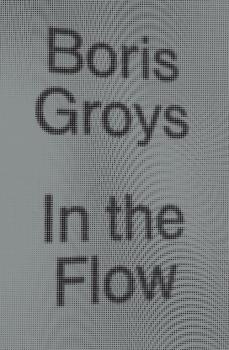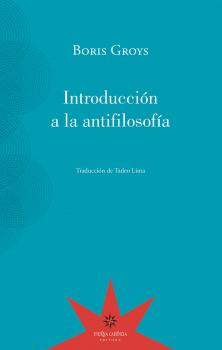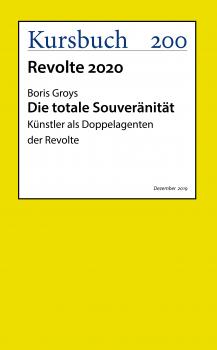ТОП просматриваемых книг сайта:
Boris Groys
Список книг автора Boris GroysАннотация
The leading art theorist takes on art in the age of the Internet In the early twentieth century, art and its institutions came under critique from a new democratic and egalitarian spirit. The notion of works of art as sacred objects was decried and subsequently they would be understood merely as things. This meant an attack on realism, as well as on the traditional preservative mission of the museum. Acclaimed art theorist Boris Groys argues this led to the development of “direct realism”: an art that would not produce objects, but practices (from performance art to relational aesthetics) that would not survive. But for more than a century now, every advance in this direction has been quickly followed by new means of preserving art’s distinction. In this major new work, Groys charts the paradoxes produced by this tension, and explores art in the age of the thingless medium, the Internet. Groys claims that if the techniques of mechanical reproduction gave us objects without aura, digital production generates aura without objects, transforming all its materials into vanishing markers of the transitory present.
Аннотация
One of the most influential voices in contemporary cultural theory on how to make it new. As ideas move from one context to another, something new is created. This continuous shifting of the line that separates the valuable from the worthless, culture from profanity, is at the centre of Boris Groys's investigation.
Аннотация
Con Marx y Kierkegaard se produce en el interior de la filosofía lo que Groys denomina «giro antifilosófico», la antifilosofía ya no opera por medio de la crítica, sino por medio de consignas, órdenes; y lo que se ordena es transformar el mundo en lugar de explicarlo; esto, evidentemente, no estuvo exento de consecuencias. En esta serie de ensayos tan provocativos como novedosos, Groys relee a los principales antifilósofos contemporáneos. Søren Kierkegaard, Martin Heidegger, Walter Benjamin, Jacques Derrida, pero también otros más marginales, como Lev Shestov y Theodor Lessing, o intelectuales de campos heterogéneos, como Marshall McLuhan, son abordados con una actitud que intenta no dar directivas, pero tampoco retornar a la tradición de la crítica antifolosófica. Y en ese proceso, por supuesto, Groys va dando forma y consistencia a sus propios conceptos y motivos: la distancia insalvable entre el ámbito del pensamiento y el ámbito de la vida y la acción, la dialéctica de repetición y novedad, el concepto del «ready-made» como procedimiento filosófico –o más bien antifilosófico–: la recontextualización de una tesis o argumento filosófico para producir un efecto de extrañamiento u otro tipo de intervención en un determinado ámbito de discusión. Un abordaje singular de la filosofía y al mismo tiempo un fascinante recorrido por la historia intelectual del último siglo y medio.
Аннотация
Информация о книге
Автор произведения Boris Groys
Аннотация
Информация о книге
Автор произведения Boris Groys





